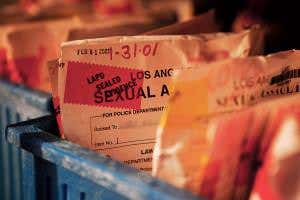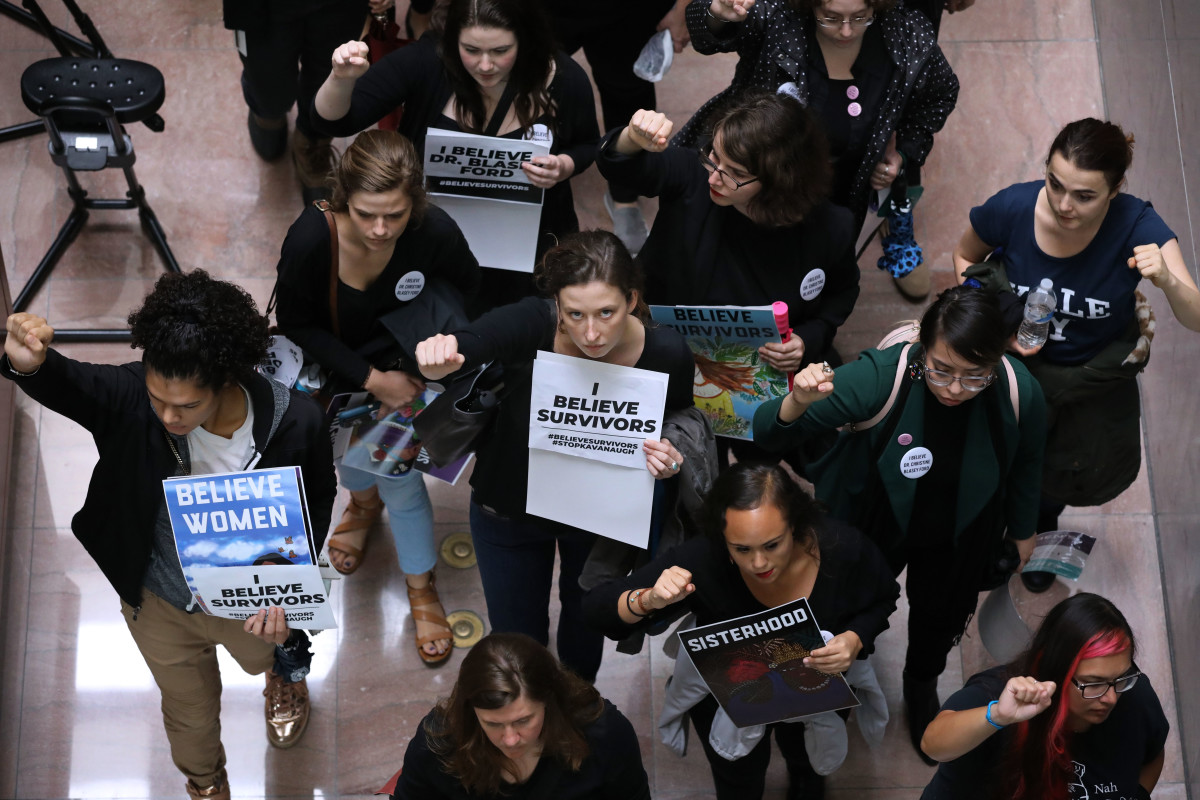Chief
~ Shmalpha ~
- Admin
- #1
To cut costs, where there was no dispute that sexual activity took place, the issue being one party claiming it was consensual, rape kits were never processed.
They were thought to be only of use if the identity was unknown.
Other times, if the police thought there wasn't much likelihood of the attacker being found or prosecuted, they didn't process the evidence kits.
The first warehouse was found in New York with 17,000 unprocessed evidence kits. 12k found in Detroit. Then across the US more cities "discovered" they had stockpiles of kits - tens of thousands of them. The estimate is 200,000 stockpiled, unprocessed kits.
These kits - many dating back decades - are slowly being processed and the stats are surprising everyone.
The people involved in disputed acquaintance rapes are showing up in stranger rapes quite often. This flies in the face of common belief that people are one or the other type of rapist.
Many attackers in disputed acquaintance rapes are also showing up as serial acquaintance rapists across US states.
Most serial rapists commit 7-11 rapes before being caught.
Detroit alone discovered 830 serial rapists in their data, and they’re not finished processing their backlog.
200+ convictions.
5,500 new cases have been opened.

The More or Less podcast is really interesting - give it a listen.

 www.newscientist.com
www.newscientist.com
Read more: https://www.newscientist.com/articl...down-to-mindset-not-just-money/#ixzz64dygwMIF
They were thought to be only of use if the identity was unknown.
Other times, if the police thought there wasn't much likelihood of the attacker being found or prosecuted, they didn't process the evidence kits.
The first warehouse was found in New York with 17,000 unprocessed evidence kits. 12k found in Detroit. Then across the US more cities "discovered" they had stockpiles of kits - tens of thousands of them. The estimate is 200,000 stockpiled, unprocessed kits.
These kits - many dating back decades - are slowly being processed and the stats are surprising everyone.
The people involved in disputed acquaintance rapes are showing up in stranger rapes quite often. This flies in the face of common belief that people are one or the other type of rapist.
Many attackers in disputed acquaintance rapes are also showing up as serial acquaintance rapists across US states.
Most serial rapists commit 7-11 rapes before being caught.
Detroit alone discovered 830 serial rapists in their data, and they’re not finished processing their backlog.
200+ convictions.
5,500 new cases have been opened.

The More or Less podcast is really interesting - give it a listen.

US rape test backlog down to mindset, not just money
Police forces in the US are sitting on thousands of unprocessed rape test kits, some dating back years. Clearing it will need more than cash
Another crucial aspect of police retraining has been to change investigators’ attitudes towards people who report being raped. “The victim of rape is not always believed, but studies show that false accusations of rape are no greater than for any other crime,” says Pinchin.
Read more: https://www.newscientist.com/articl...down-to-mindset-not-just-money/#ixzz64dygwMIF
Last edited:





